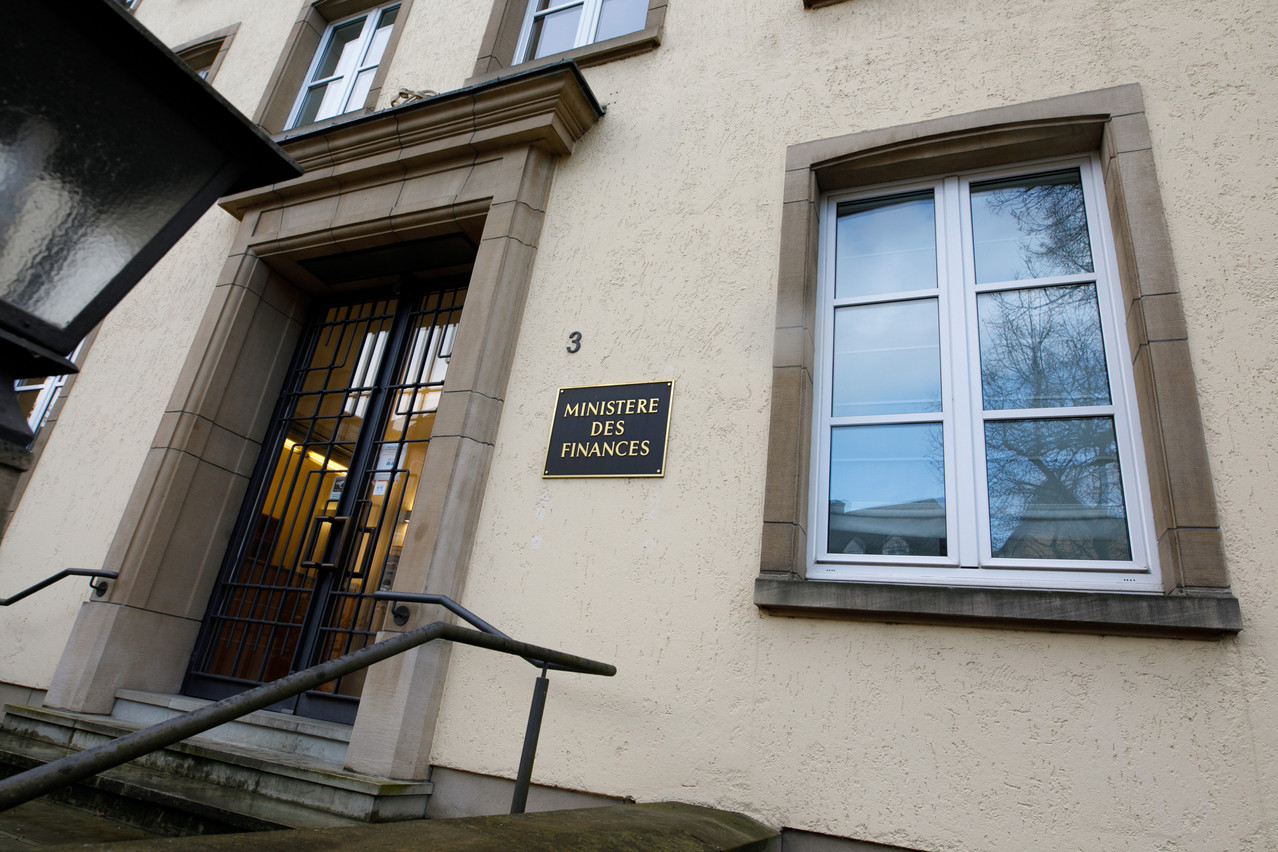At the heart of the scandal are trades in shares with (cum) and without (ex) dividend rights. High-speed trading before and after dividends meant multiple tax refunds were paid out despite only one party in the deal having paid the tax.
The Correctiv consortium on Thursday published what it called the , saying Luxembourg’s tax losses amount to €2.2bn.
This is significantly higher than a first estimate in 2018 of Luxembourg having been cheated out of around €10m through the dubious trading practice. Global losses were estimated at €55bn in the first revelations.
Correctiv said the money in Luxembourg could have paid for more flood aid, doubling child benefits for one year, giving €5,000 to all low-income people, investing 10% more in climate protection measures, hiring 485 new nurses, and giving 6kg of Luxembourg’s Kachkéis cheese spread to all residents.
Luxembourg’s finance ministry has been mum on the scandal, saying tax secrecy did not allow authorities to discuss the case and that it was up to the public prosecutor to establish whether a criminal offence had been committed.
Several CumEx trails lead to Luxembourg. Sanjay Shah, at the heart of the investigation by Correctiv, owned several shell companies in the grand duchy. And Luxembourg funds firm Sheridan--which has since ceased operations--traded with Swiss bank J. Safra Sarasin, which faces lawsuits from investors who say the lender did not inform them of the risks of this type of trading. Investors suffered losses as regulatory loopholes were being filled.
Despite the crackdown, Correctiv said the tax fraud could still be possible.
